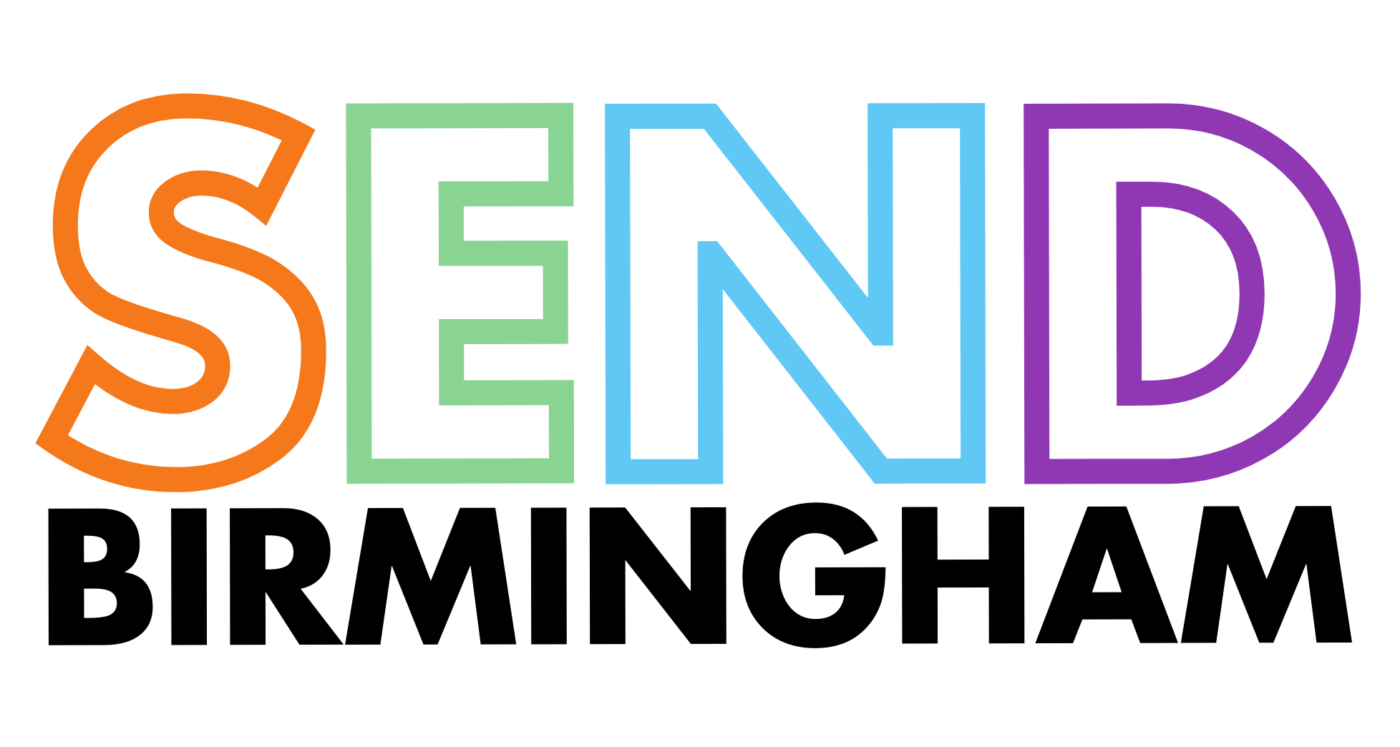Post-16 Transitions with an EHCP
Meeting a Young Person’s Needs
Birmingham City Council aims to provide students who have an EHCP with a range of opportunities in post-16 to appropriately meet their needs.
We are committed to a policy of inclusion which means educating young people in the most appropriate provision per their needs. Birmingham City Council believes in the principle of students being educated in their local community, as close to home as possible.
Please choose from any of the following options to learn more about each type of learning:
Study Programmes
All education for those between 16 and 19 years of age is delivered as a ‘study programme’, which brings together the help that young people need to get a job and live independently. Study programmes include qualifications, work experience, and life skills.
Having good English and maths skills is important to employers,
Young people who haven’t achieved a GCSE grade of C or 4 in these subjects continue to study English and maths as part of their programme – either as a GCSE, Functional Skills or in another way that is suitable and stretching for the young person. This doesn’t necessarily mean doing a qualification in English or maths.
All study programmes must have a ‘core aim’, or main focus,
Which should reflect the young person’s aspirations and what they want to do when they leave school or college.
This can be:
- A vocational qualification such as a BTEC or NVQ to prepare for work
- Work experience, which can be used to gain vocational qualifications by demonstrating work-based skills
- An academic qualification like A levels
T Levels
T levels were launched in September 2020, with a focus on vocational skills and are roughly equivalent to three A levels. T levels have been developed with employers and education providers so that the content meets the needs of the industry. T levels can help young people get into employment, higher-level study or apprenticeships.
T levels offer students practical and knowledge-based learning at a school or college and on-the-job experience through an industry placement of at least 315 hours; approximately 45 days.
Supported Internships
Supported internships are a type of study programme that helps young people aged between 16 and 24 to get a job. What makes them different is that young people do most of their learning at work, or ‘on the job’.
A supported internship could be the right choice if you know you learn best by ‘doing’ (known as a ‘place and train’ approach) and where you need more time or support than would be available through a traineeship. Previous work experience outside of school or college is also really important.
Young people and their employers will get the help they need to learn from a job coach, who will support them until they both feel confident that the young person can do the job by themselves. The supported internship can last up to twelve months and young people won’t get paid, but they should be ready to move into a paid job at the end because of the skills and experience they have gained. All supported internships should be personalised to the needs of the young person, and flexible so that they meet the needs of the young person and the employer.
The most important requirement for a supported internship is that the young person wants to work.
Traineeships
Traineeships are for young people who want to work, but who need extra help and support. They offer young people training and work experience to give them the skills and confidence to get a job or apprenticeship, alongside support to improve their maths and English. They last between six weeks and six months.
The three main parts of a traineeship are:
- a work placement
- work preparation training
- English and maths where the student is still to achieve GCSEs at grade 4, or the Functional Skills equivalent
Colleges, training providers and employers can bring these three things together in the best way to support each young person.
What qualifications do I need to do a traineeship?
Young people need to be aged between 16 and 24, qualified below Level 3 (below A-level) and with limited experience of work. A traineeship could be suitable for you if you would like to start work and be ready to start paid work within six months.
Apprenticeships
Apprenticeships combine training in a job with studying, taking 1 to 5 years to complete depending on the level.
Apprentices will:
- work alongside experienced staff
- gain job-specific skills
- earn a wage and get holiday pay
- get time for study related to their role (usually one day a week)
Apprenticeships are available at different levels, from level 2 to level 7. As the levels get higher, the apprenticeships become more advanced. For example, a level 2 (intermediate) apprenticeship is GCSE level, and levels 6 and 7 are equivalent to a degree.
Young people can apply for apprenticeships while they are still in school, or when they are in college. To start one they will need to be:
- 16 or over by the end of the summer holidays
- living in England
- not in full-time education
What qualifications does a young person need to do an apprenticeship?
Applying for an apprenticeship is competitive. Apprenticeships are jobs, so employers decide who they are going to employ, and what the entry requirements should be. For example, some employers may ask that the young person has GCSEs including English and maths at certain grades.

